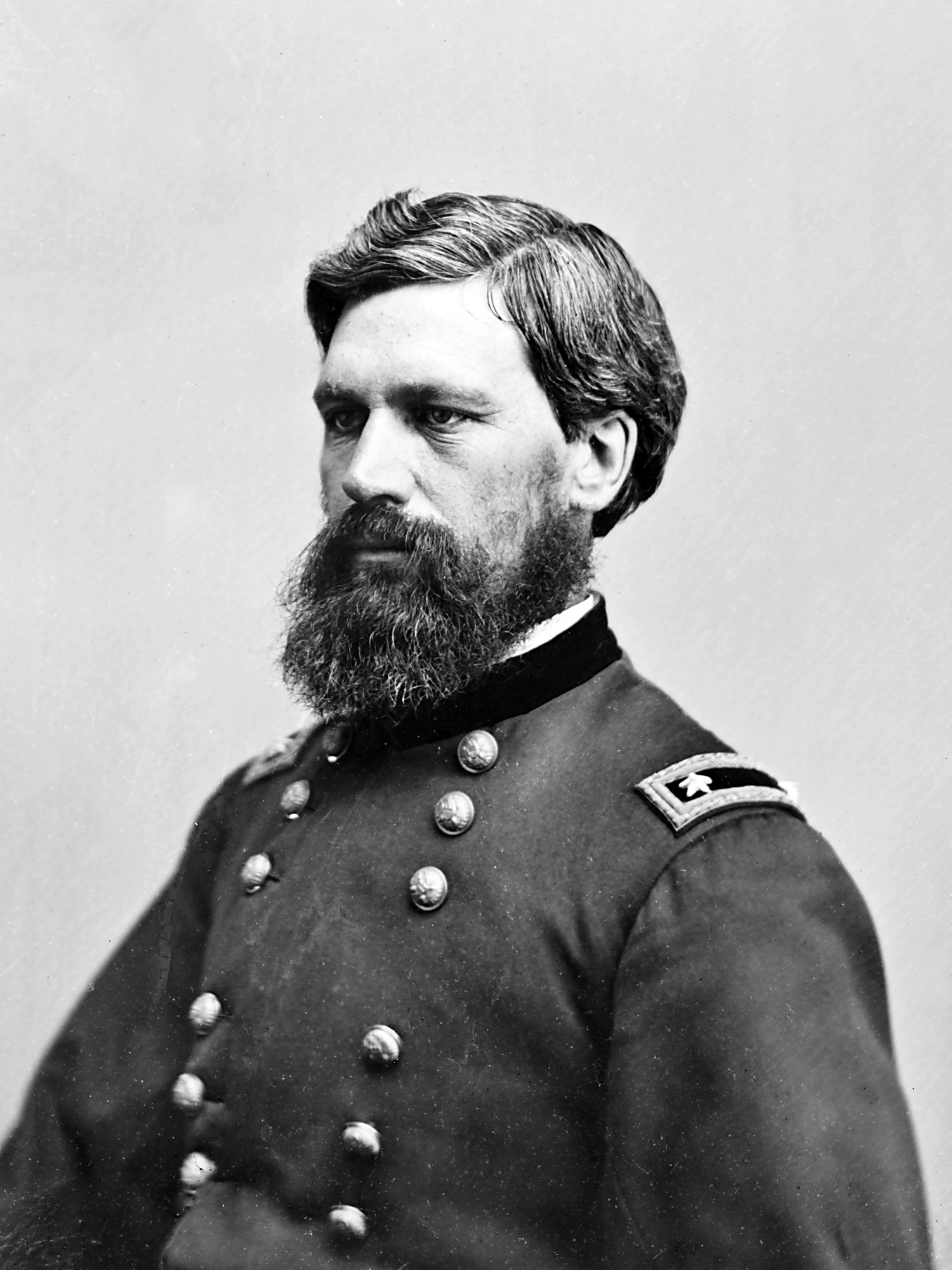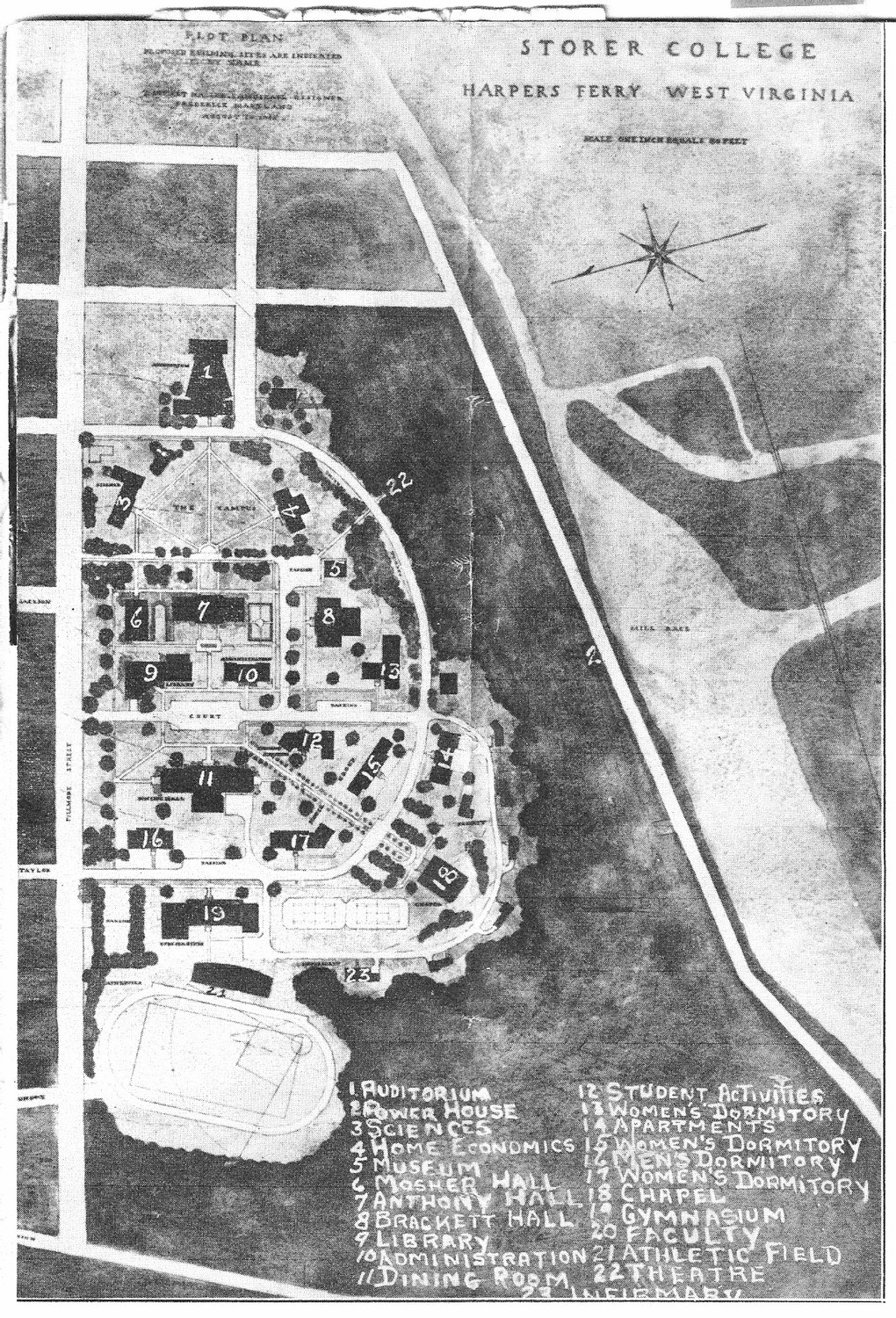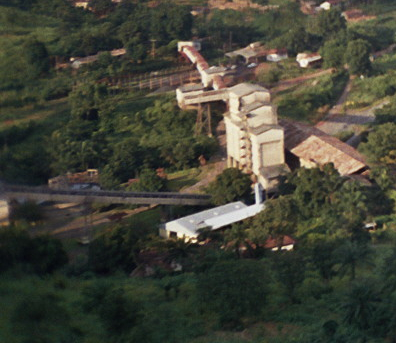|
Nnamdi Azikiwe
Nnamdi Benjamin Azikiwe, (16 November 1904 – 11 May 1996), commonly referred to as Zik of Africa, was a Nigerian politician, statesman, and revolutionary leader who served as the 3rd and first black governor-general of Nigeria from 1960 to 1963 and the first president of Nigeria during the First Nigerian Republic (1963–1966). He is widely regarded as the father of Nigerian nationalism as well as one of the major driving forces behind the country's independence in 1960. Born in Zungeru in present-day Niger State to Igbo parents from Onitsha, Anambra State, Azikiwe learned to speak Hausa which was the main indigenous language of the Northern Region. He was later sent to live with his aunt and grandmother in his hometown Onitsha, where he learnt the Igbo language. Living in Lagos State exposed him to learning the Yoruba language, and by the time he was in college, he had been exposed to different Nigerian cultures and spoke the three major Nigerian languages. Aziki ... [...More Info...] [...Related Items...] OR: [Wikipedia] [Google] [Baidu] |
Excellency
Excellency is an honorific style (manner of address), style given to certain high-level officers of a sovereign state, officials of an international organization, or members of an aristocracy. Once entitled to the title "Excellency", the holder usually retains the right to that courtesy throughout their lifetime, although in some cases the title is attached to a particular office and is held only during tenure of that office. Generally people addressed as ''Excellency'' are heads of state, heads of government, governors, ambassadors, Roman Catholic bishops, high-ranking ecclesiastics, and others holding equivalent rank, such as heads of international organizations. Members of royal families generally have distinct addresses such as Majesty, Highness, etc.. While not a title of office itself, the honorific ''Excellency'' precedes various titles held by the holder, both in speech and in writing. In reference to such an official, it takes the form ''His'' or ''Her Excellency''; in ... [...More Info...] [...Related Items...] OR: [Wikipedia] [Google] [Baidu] |
National Council Of Nigeria And The Cameroons
The National Council of Nigeria and the Cameroons (NCNC) (later changed to the National Convention of Nigerian Citizens), was a Nigerian nationalist political party from 1944 to 1966, during the period leading up to independence and immediately following independence. Foundation The National Council of Nigeria and the Cameroons was formed in 1944 by Nnamdi Azikiwe and Herbert Macaulay. Herbert Macaulay was its first president, while Azikiwe was its first secretary.O. E. Udofia, Nigerian Political Parties: Their Role in Modernizing the Political System, 1920–1966, Journal of Black Studies Vol. 11, No. 4 (Jun., 1981), pp. 435–447. The NCNC was made up of a rather long list of nationalist parties, cultural associations, and labor movements that joined to form NCNC. The party at the time was the second to make a concerted effort to create a true nationalist party. It embraced different sets of groups from the religious, to tribal and trade groups with the exception of a few n ... [...More Info...] [...Related Items...] OR: [Wikipedia] [Google] [Baidu] |
Lincoln University (Pennsylvania)
Lincoln University (LU) is a public state-related historically black university (HBCU) near Oxford, Pennsylvania. Founded as the private Ashmun Institute in 1854, it has been a public institution since 1972. Lincoln is also recognized as the first college-degree granting HBCU in the country. Its main campus is located on near the town of Oxford in southern Chester County, Pennsylvania. The university has a second location in the University City area of Philadelphia Philadelphia ( ), colloquially referred to as Philly, is the List of municipalities in Pennsylvania, most populous city in the U.S. state of Pennsylvania and the List of United States cities by population, sixth-most populous city in the Unit .... Lincoln University provides undergraduate and graduate coursework to approximately 2,000 students. It is a member-school of the Thurgood Marshall College Fund. While a majority of its students are African Americans, the university has a long history of accepting ... [...More Info...] [...Related Items...] OR: [Wikipedia] [Google] [Baidu] |
Howard University
Howard University is a private, historically black, federally chartered research university in Washington, D.C., United States. It is classified among "R1: Doctoral Universities – Very high research activity" and accredited by the Middle States Commission on Higher Education. Established in 1867, Howard is a nonsectarian institution located in the Shaw neighborhood. It offers undergraduate, graduate, and professional degrees in more than 120 programs. History 19th century Shortly after the end of the American Civil War, members of the First Congregational Society of Washington considered establishing a theological seminary for the education of black clergymen. Within a few weeks, the project expanded to include a provision for establishing a university. Within two years, the university consisted of the colleges of liberal arts and medicine. The new institution was named for General Oliver Otis Howard, a Civil War hero who was both the founder of the university an ... [...More Info...] [...Related Items...] OR: [Wikipedia] [Google] [Baidu] |
Storer College
Storer College was a historically Black college in Harpers Ferry, West Virginia, that operated from 1867 to 1955. A national icon for Black Americans, in the town where the 'end of American slavery began', as Frederick Douglass famously put it, it was a unique institution whose focus changed several times. There is no one category of college into which it fits neatly. Sometimes white students studied alongside Black students, which at the time was prohibited by law at state-regulated schools in West Virginia and the other Southern states. In the early twentieth century, Storer was at the center of the growing protest movement against Jim Crow treatment that would lead to the NAACP and the Civil Rights Movement. The first American meeting of the predecessor of the NAACP, the Niagara Movement, was held at Storer in 1906. John Brown's Fort, a symbol of the end of slavery in the United States, was located from 1909 until 1968 on the Storer campus, where it was once used as the ... [...More Info...] [...Related Items...] OR: [Wikipedia] [Google] [Baidu] |
Nigerian People's Party
{{Short description, Political party in the Nigerian Second Republic The Nigerian Peoples Party (NPP) was one of the major political parties that contested elections in the Nigerian Second Republic. The party was made up of three major groups: the Lagos Progressives, Club 19, and the Nigerian Council of Understanding. The Lagos progressives included some Lagos based NCNC politicians such as Adeniran Ogunsanya, T.O.S. Benson and Kola Balogun. The National Council of understanding was led by Waziri while Club 19 had Matthew Mbu, Solomon Lar, Omo Omoruyi, Paul Unongo, Antonio Fernandez and others as members. Though the party was formed to create a national outlook, the exit of Waziri Ibrahim, led to an erosion of politics without borders. Waziri's exit was precipitated because he wanted to be the chairman and also the presidential candidate of the party. The party later came to be seen as an eastern Nigerian party, though it had scores of support in Plateau State, Rivers State ... [...More Info...] [...Related Items...] OR: [Wikipedia] [Google] [Baidu] |
Chukwuma Azikiwe
Chief Chukwuma Bamidele Azikiwe (February 1940 – 10 May 2015) was a Nigerian diplomat and political figure. He was the second Owelle-Osowa-Anya of Onitsha and the eldest son of President Nnamdi Azikiwe, the first holder of the chieftaincy. Education and political career Azikiwe studied at Harvard College where he participated in track and field (broad jump) and graduated in 1963. He then graduated from Harvard Business School in 1964. He ran unsuccessfully for the Social Democratic Party The name Social Democratic Party or Social Democrats has been used by many political parties in various countries around the world. Such parties are most commonly aligned to social democracy as their political ideology. Active parties Form ... Anambra State gubernatorial nomination in 1991. After his father died in 1996, he succeeded him as the second Owelle-Osowa-Anya of Onitsha. Death Azikiwe died at Borommeo Hospital in Onitsha on 10 May 2015 at the age of 75. He is said to have su ... [...More Info...] [...Related Items...] OR: [Wikipedia] [Google] [Baidu] |
Uche Azikiwe
Uche Ewah Azikiwe is a Nigerian academic, educator and author. She is the widow of former President of Nigeria Nnamdi Azikiwe. She is a professor in the Department of Educational Foundation, Faculty of Education at University of Nigeria, Nsukka. In 1999, she was appointed to the board of directors of the Central Bank of Nigeria(CBN). Early life and education She was born to Sergeant Major Lawrence A. and Florence Ewah. Azikiwe graduated with a Bachelor of Arts degree in English from the University of Nigeria, Nsukka (UNN). She then proceeded to obtain a master's degree in Curriculum Studies and Sociology of Education. In 1992, she obtained a Ph.D. in Sociology of Education/Gender Studies from the same university. Academic career From 1981 to 1987, Azikiwe worked as a teacher at Nsukka High School. She moved to the Department of Educational Foundation, Faculty of Education, University of Nigeria, Nsukka in 1987. Affiliations Azikiwe is a member of a number of professional ... [...More Info...] [...Related Items...] OR: [Wikipedia] [Google] [Baidu] |
Flora Azikiwe
Flora Ogbenyeanu Ogoegbunam Azikiwe (7 August 1917 – 22 August 1983) was the first wife of Nnamdi Azikiwe, the first President of Nigeria. She served as the first First Lady of Nigeria from 1 October 1963 to 16 January 1966. Flora Ogbenyeanu Ogoegbunam was born in Onitsha, a city in present-day Anambra State to Chief Ogoegbunam, the Adazia of Onitsha (Ndichie Chief) from Ogboli Agbor Onitsha. She met Nnamdi Azikiwe there in 1934, and the two were married on 4 April 1936. Their wedding was held at Wesley Church James Town, Accra, Gold Coast (present-day Ghana) where her husband was working as the editor of '' African Morning Post'' at the time. Azikiwe was a member of the Eastern Working Committee of the National Council of Nigeria and the Cameroons (NCNC). She was the first Patron of the Home Science Association (HSA), formerly known as Federal Home Science Association. On 22 August 1983, Azikiwe died at the age of 66. [...More Info...] [...Related Items...] OR: [Wikipedia] [Google] [Baidu] |
Enugu State
Enugu () verbally pronounced as "Enụgwụ" by the Igbo indigenes is a state in the South-East geopolitical zone of Nigeria, bordered to the north by the states of Benue and Kogi, Ebonyi State to the east and southeast, Abia State to the south, and Anambra State to the west. The state takes its name from its capital and largest city, Enugu. The city acquired township status in 1917 and was called Enugwu-Ngwo. Due to the rapid expansion towards areas owned by other indigenous communities, it was renamed Enugu in 1928. Of the 36 states, Enugu is the 29th largest in area and 22nd most populous with an estimated population of over 4.4 million as of 2016. Geographically, the state is divided between the Niger Delta swamp forests in the far south and the drier Guinean forest–savanna mosaic with some savanna in the rest of the state. Other important geographical features are the Udi-Nsukka Plateau and Ekulu River, which flows through the city of Enugu. Modern-day Enugu ... [...More Info...] [...Related Items...] OR: [Wikipedia] [Google] [Baidu] |
Enugu (city)
Enugu ( ; ) is the capital city of Enugu State in Nigeria. The city had a population of 4,690,100 spread across the three Local government areas of Nigeria, LGAs of Enugu East, Enugu North and Enugu South, according to the 2022 Nigerian census. History Early history Énugwú (Igbo verbalization of Enugu) is the capital city of Enugu State in Nigeria. It is located in southeastern part of Nigeria. The name Enugu is derived from the two Igbo words Énú Ụ́gwụ́, meaning "hill top", denoting the city's hilly geography. Enugu acquired township status in 1917 and was called Enugwu-Ngwo, but because of the rapid expansion towards areas owned by other indigenous communities, the city was renamed Enugu in 1928. The first settlement in the Enugu area was the small Nike village of Ogui from present day Igala which was present since the era of the Atlantic Slave Trade.Udo, p. 88. ''Nike'' in the Igbo language means "with strength or power".Williams, p. 196. The Nike people acquir ... [...More Info...] [...Related Items...] OR: [Wikipedia] [Google] [Baidu] |
Zungeru
Zungeru is a town in Niger State, Nigeria. It was the capital of the British protectorate of Northern Nigeria from 1902 until 1916. It is the site of the Niger State Polytechnic and is located on the Kaduna River. History Colonial history According to local oral history, "Zungeru" is a corrupted form of the word "Dunguru". Tradition holds that British colonialists came upon a Nupe people, Nupe man playing a Dunguru (a musical instrument used by the Nupe people, Nupe and Gwari) in the area of what is now Zungeru. They asked him what it was he called, he told them "Dunguru", and the corrupted form "Zungeru" became the name of the settlement. United Kingdom, British forces occupied Zungeru in September 1902, which was then populated by Nupe Tribe. Colonial administrator Frederick Lugard chose the town as capital of Northern Nigeria over Jebba and Lokoja due to its central location. The British cleared the forest in the area and established a market, military barracks, and hospita ... [...More Info...] [...Related Items...] OR: [Wikipedia] [Google] [Baidu] |



